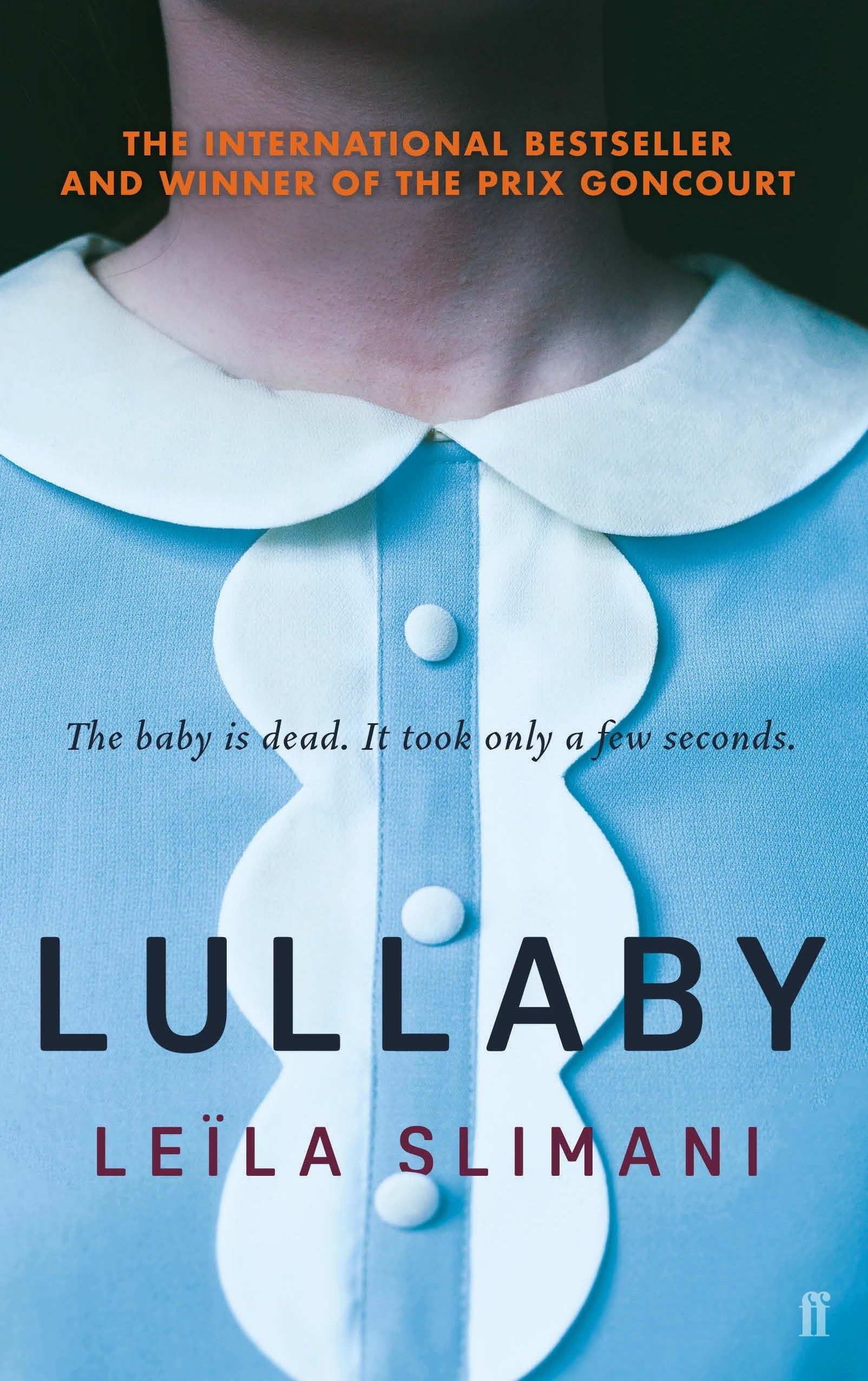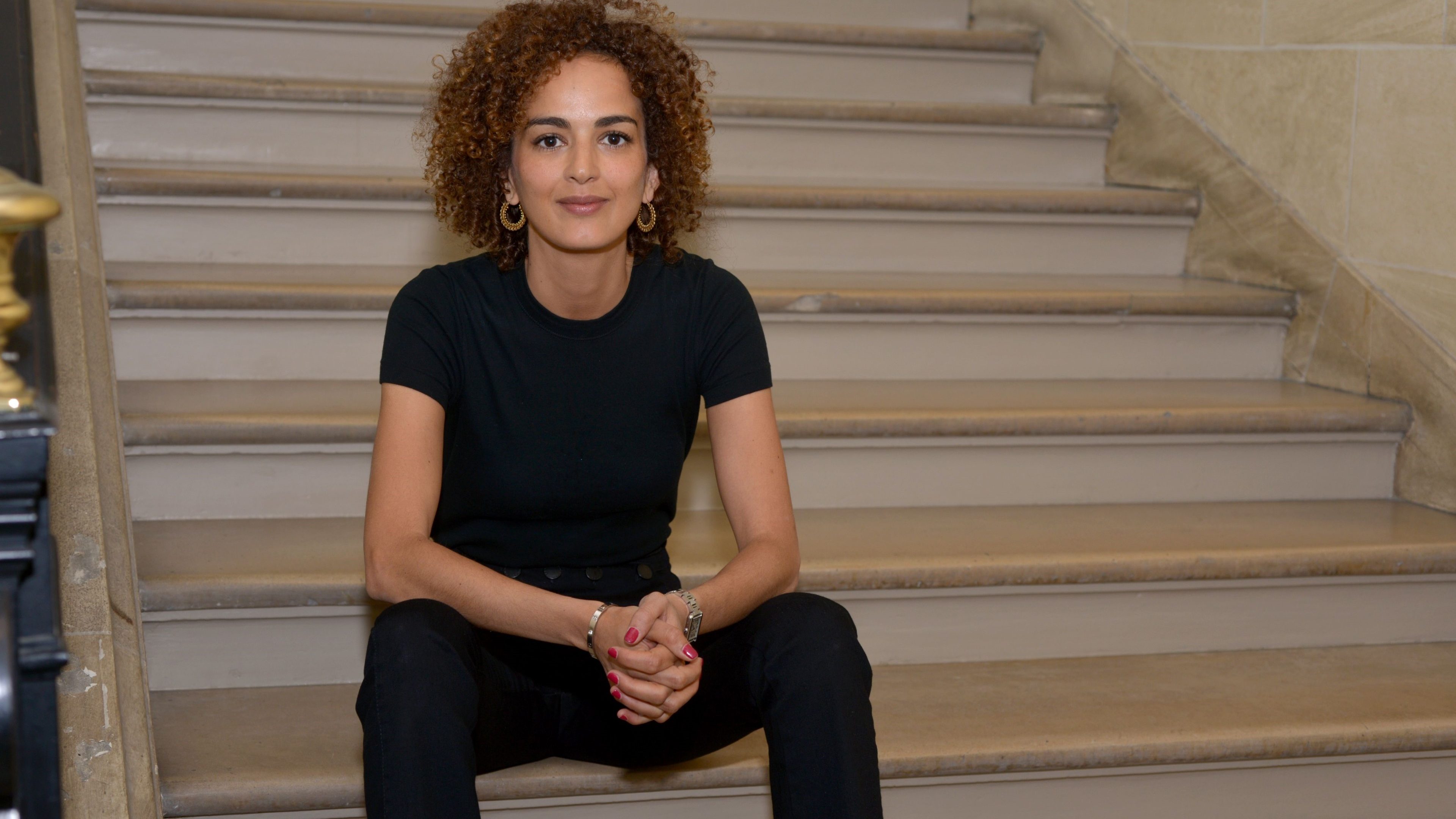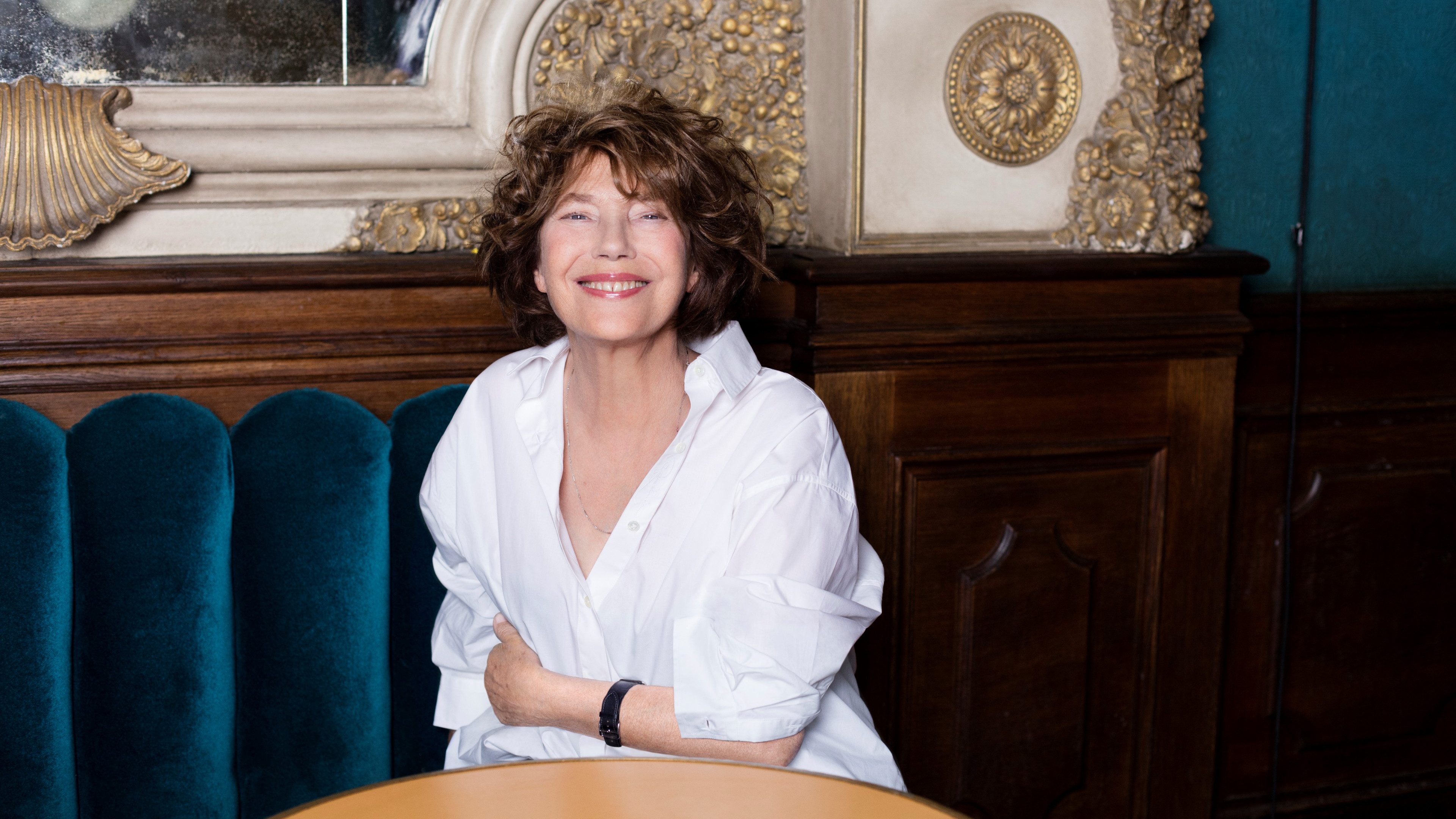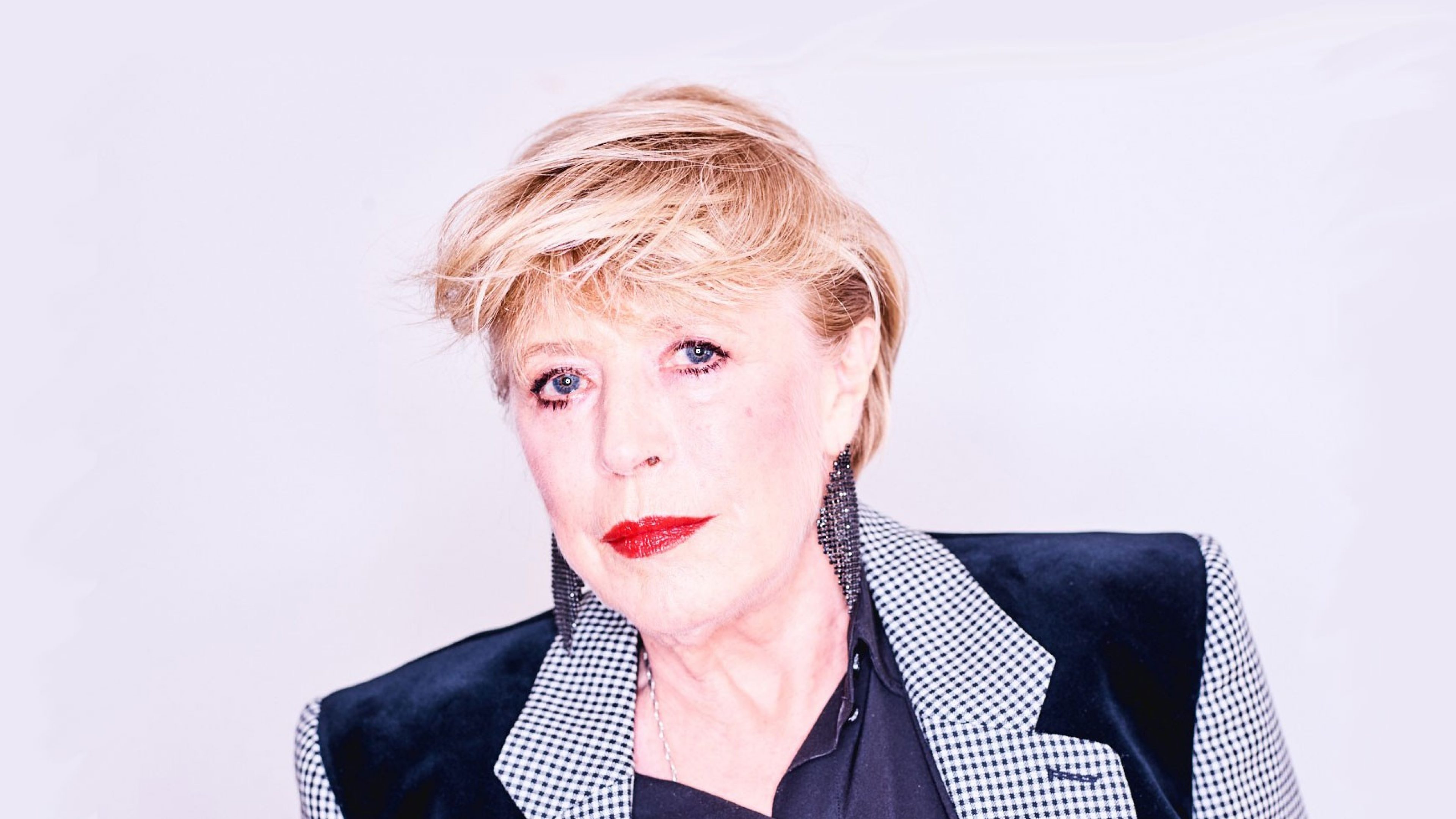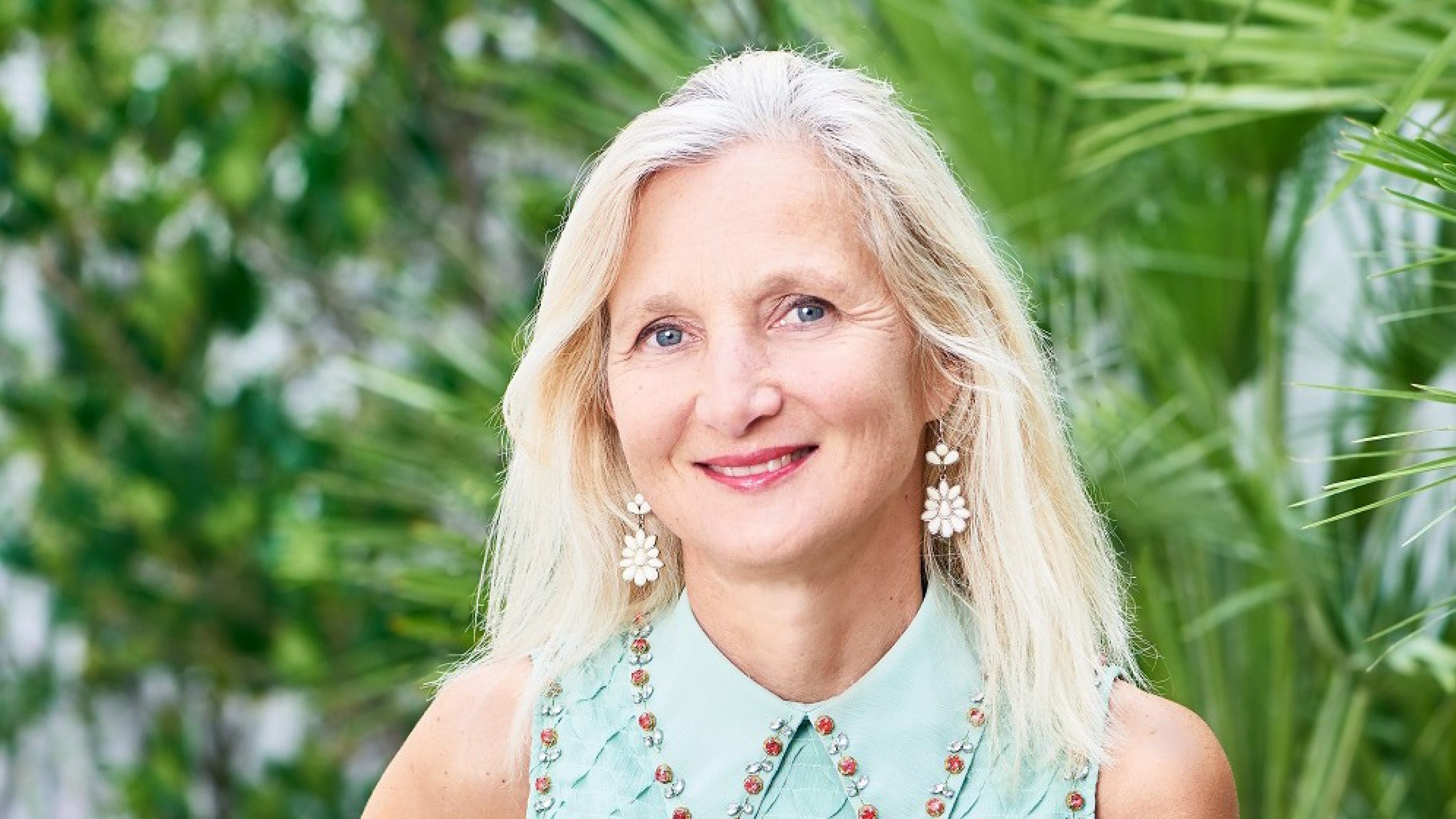She is seen as a new type of committed woman and has been awarded the highest French literary prize. Goncourt Prize winner, Leïla Slimani, on growing up between two cultures and her fight for a self-determined life.
Ms Slimani, since you won the prestigious “Prix Goncourt” four years ago, you have been something of a globetrotter. How did you experience this sudden coronavirus lockdown with the two-month curfew in your country house in Normandy?
I think like most people, I had good and bad days. At first, I was useless, I couldn’t think or act. But Dostoyevsky is right: you can get used to anything. I even enjoyed it sometimes because, as you have already said, I have really travelled a lot in recent years and accumulated a great many projects. It was quite unexpected to suddenly be able to spend so much time with my children.
Your novels and essays deal with self-determination for women. Crises have always sustainably changed the role of women. In what way will women develop this time?
Honestly, I don’t know. Writers aren’t clairvoyant, but of course such events primarily weaken women, minorities and the poor. In the face of social and economic crises, women’s rights are often called into question, and the fight for their emancipation is suddenly seen as secondary. That is why we need to be very vigilant over the next few months to avoid taking a backward step.
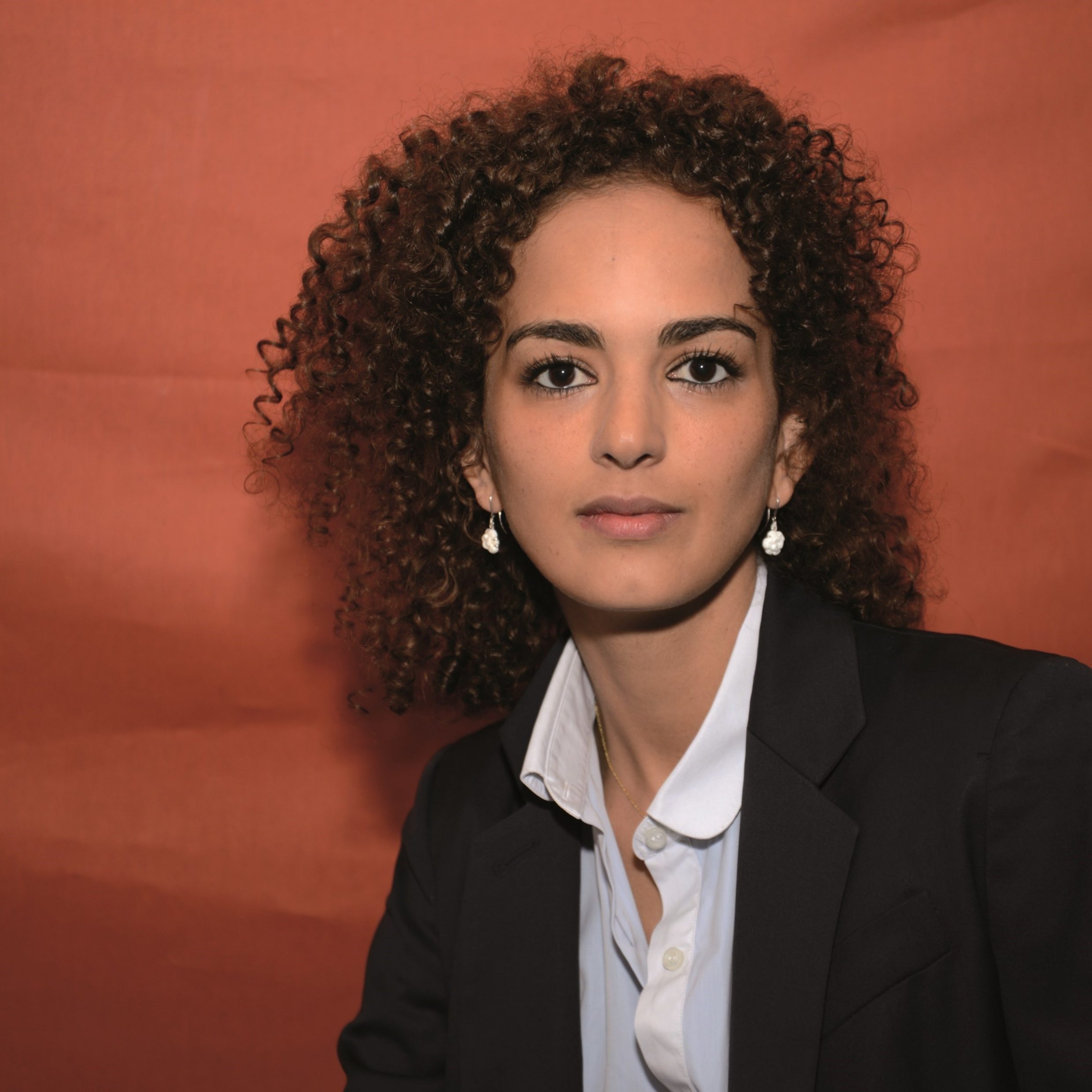
You’ve been very harshly attacked yourself because you published your lockdown diary in the “Le Monde” newspaper. Are we seeing the first signs of a backlash?
The comments were incredibly disdainful towards women: they said I was artificial, shallow, that I would spend my time reading to my children and strolling through fields of tulips. Some even compared me to Marie Antoinette, as if I had taken what I have away from someone else.
In what sense?
They meant I had no right to publish my thoughts because I’m a bourgeoise and detached from reality. In their eyes, only victims and sufferers can express themselves, only the “real people,” a group I do not belong to. Those are classic arguments of populists and demagogues. That’s just how the Islamists attack me in Morocco when I campaign for women’s rights: you’re a bourgeoise, so shut up, you have no legitimacy.
How do you deal with such attacks?
It’s not about me, but as a writer and a woman, it’s important to me to make sure everyone has the right to express themselves. I want to encourage women to speak without fear. I believe being able to speak freely is a way to regain your dignity. Any attempt to silence others seems very dangerous to me.
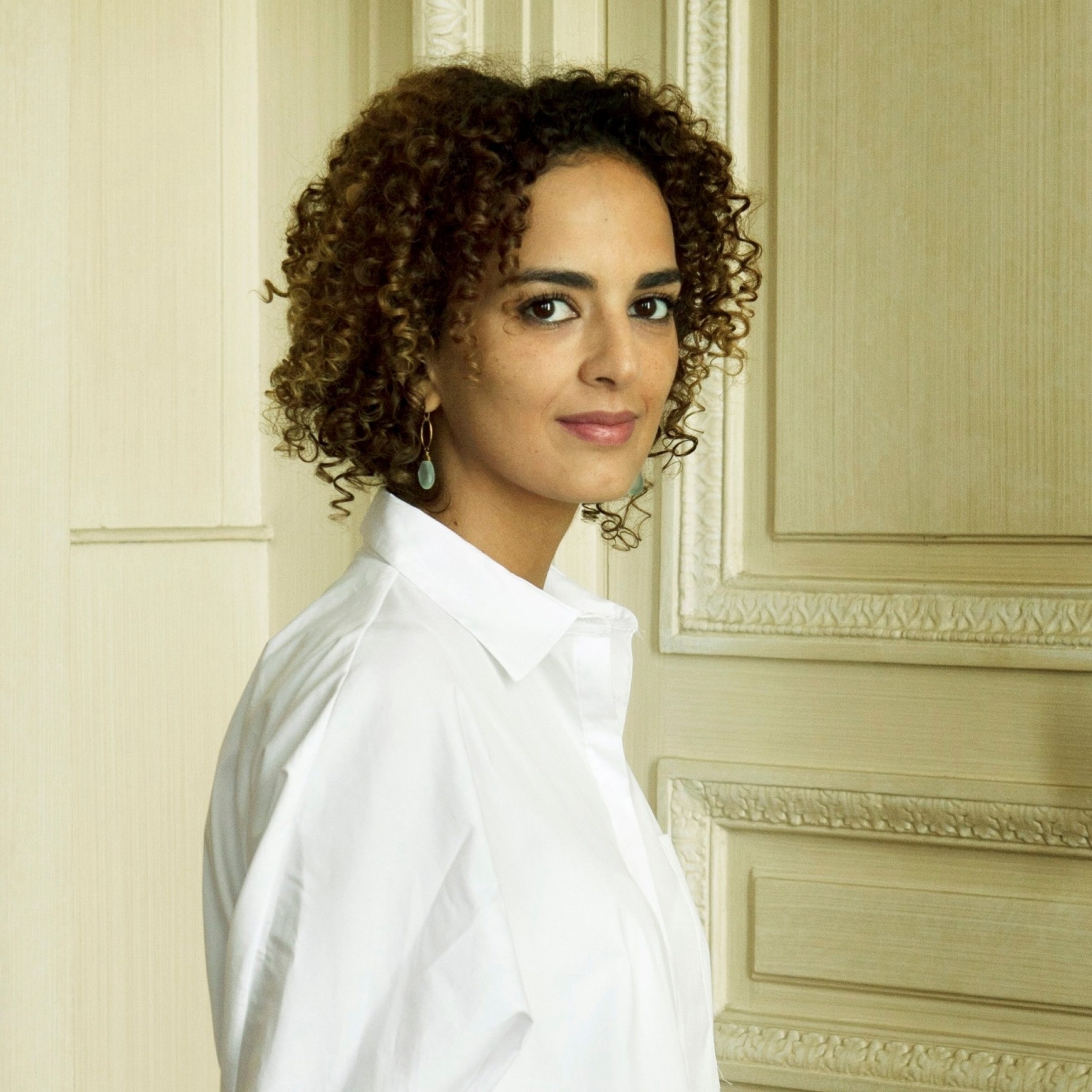
Silence is a major issue in your home country, Morocco. In your essay “Sex and Lies” you write that people are basically urged by the government to lead a double life: the truth you live at home, against the lie that you present to the public. Did this discrepancy motivate you to write?
Absolutely. I grew up in a country where your own parents encourage you to lie. They say: Don’t say in school that we drink alcohol at home, that we don’t celebrate this or that religious festival, that your aunt is married to a man of another religion. As a child, it made me very angry because it made the outside world seem so dangerous. It really made me wanted to live out there, in the light. I wanted to say out loud what I think and who I am. I didn’t want to have to feel shame.
In your new novel “The Country of Others” you relate the story of your grandmother, from Alsace, who moved to Morocco after the Second World War with your grandfather, a Moroccan. Why did you write this book about your grandmother?
I’d say it’s more a book about the character I developed in my imagination from a young age, based on the stories my grandmother told me. She was a great storyteller, a strong, very impressive woman. She was ahead of her time, because she was able to say “no”, to stand up to injustices and to fight for what she wanted. She was also funny: if a person she considered boring was coming, she would put a bucket of water over the door.
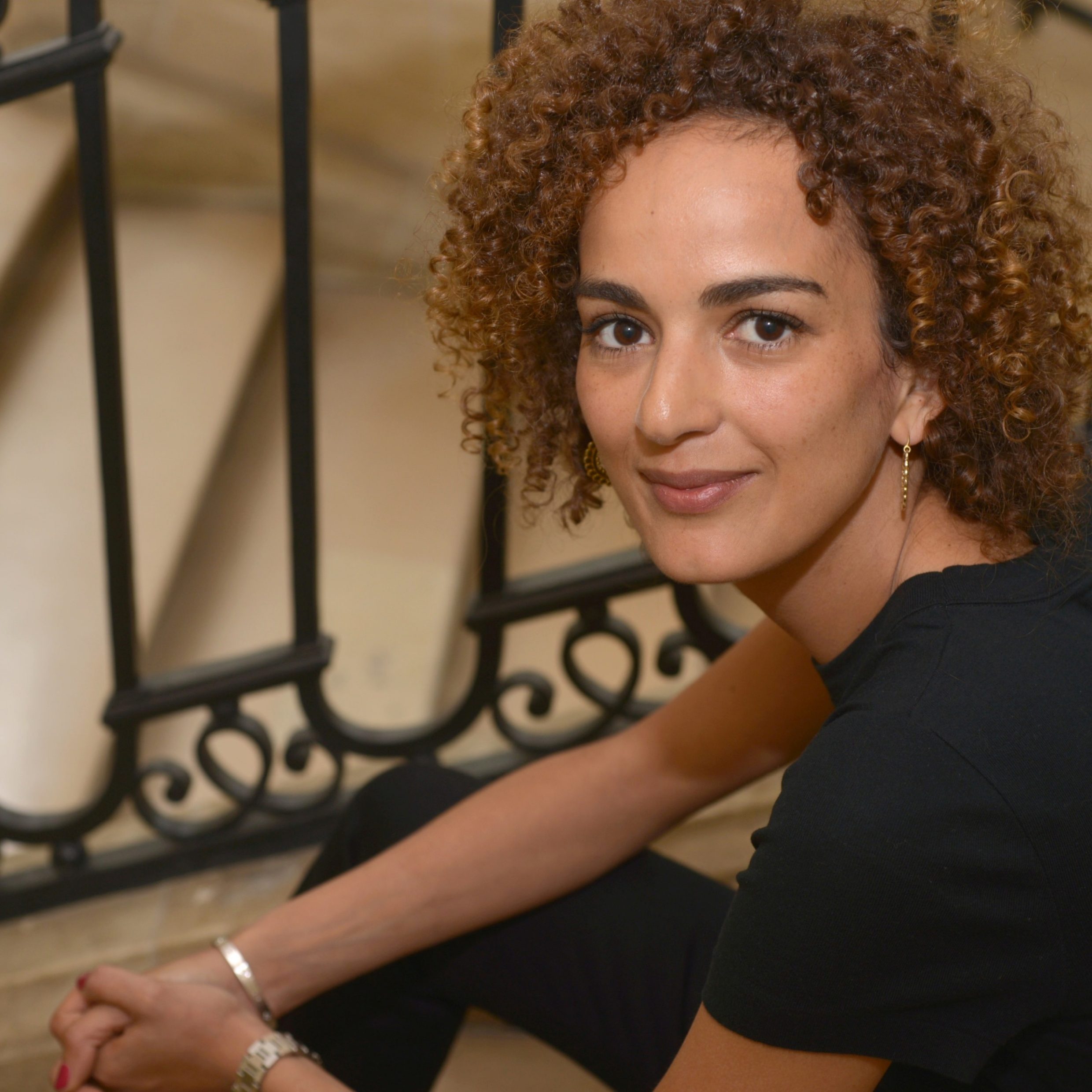
The various life models of women are interesting in your novel: your grandfather’s mother is confined, the sister wants to run around freely like a European and your grandmother realises that what she considered normal in France has to be fought for in her new home.
That’s true. This time, the end of the forties, is very interesting in that regard. It was a time of upheaval when the women of Morocco first came into contact with European values and the nationalists claimed that a free Morocco also needs free women. My grandmother already had this freedom: when my grandfather wanted to go out with his friends, she dropped her apron and ran after him: “I’m coming too,” she said in her strong Alsatian accent. It used to drive him crazy but she would not be deterred.
Has this shaped your desire for self-determination?
Yes, I think that’s perhaps the definition of my personal feminism: I’m coming too. Even if I’m not invited, I want to be there, I want to take part, the street is mine too.
Your grandmother stood up for herself in a foreign country, you live between two countries and cultures. How do you experience this feeling of always being a bit of an outsider – as a burden or as freedom?
I have indeed always lived in the country of others, I’ve always felt different. Sometimes, of course, that’s a burden. I wonder what it’s like to be firmly rooted somewhere and feel like I belong. But it also means freedom, especially when writing. Because I am not bound by any loyalty.
Photo credits: © Catherine Hélie/Edition Gallimard / © Patrice Normand/Opale/Leemage

Leïla Slimani
Leïla Slimani (38) is seen as the pop star of French literature. “Vanity Fair” declared her a new type of committed woman. As a youngster growing up in Morocco, she was annoyed to see women had fewer rights than men. Today she lives in France, advises President Macron and won the Prix Goncourt, France’s highest literary award, in 2016 for her novel “The Perfect Nanny”. Her third novel “Le pays des autres” (The Land of Others) was published in 2020, initially only in French.
